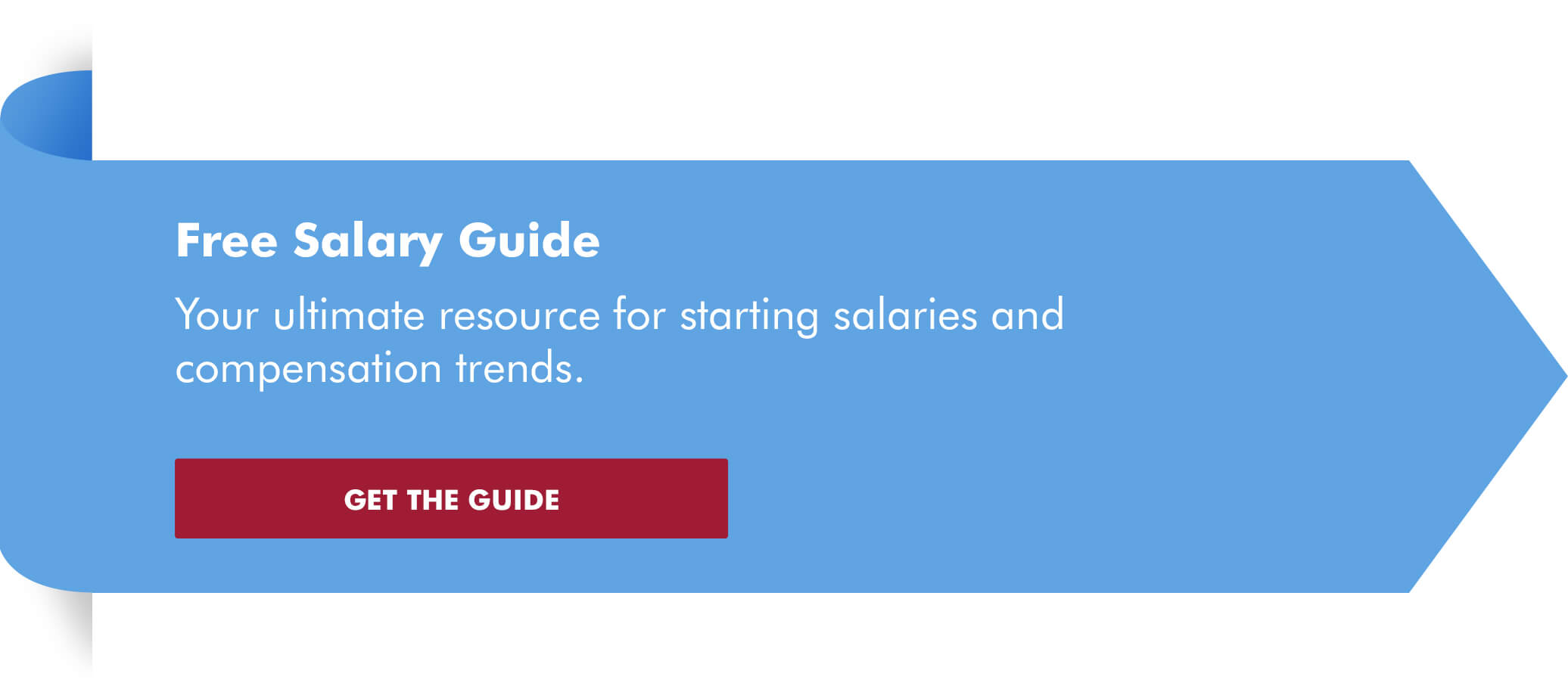Whether you’re a new graduate or looking to change gears in your career, you’ve likely considered the choice: Public accounting or private accounting?
The answer depends on the type of work you see yourself doing, as well as your personality traits and career goals.
Private, or corporate, accountants are employed by individual companies. Public accountants work for companies that provide accounting services to others. While public accountants gain experience working with a variety of businesses, corporate accountants become accounting experts in their specific companies and industries.
Curious about temporary job openings in your city? Fast-forward to jobs in these hot cities:
- Staff auditor jobs in Denver
- Tax manager jobs in Los Angeles
- Senior accountant jobs in New Orleans
- Financial analyst jobs in Philadelphia
- Controller jobs in Nashville, Tenn.
If you're weighing the prospects of public vs. private accounting, take a look at the summary below, and then dive deeper to explore the differences and similarities.
- Education and certifications — accounting degree and license required for CPA jobs in public accounting; accounting degree required and CPA valuable for private accounting
- Background — Familiarity with business systems and strong analytical skills for public accounting; knowledge of business process and industry standards for private accounting
- Typical schedule — Expect long hours, frequent travel and work with a variety of clients for public accounting; expect consistent schedules, less travel and work with your primary company for private accounting
- Ideal personality — Outgoing, adaptable, great communicator for public accounting; dependable, organized, great communicator for private accounting
- Long-term goals — Partner for public accounting; CFO for private accounting
Education and certifications
An accounting or finance degree is essential for entrants into both private and public accounting. Public accountants must also become CPAs and obtain their certified public accountant license. While private accountants are not required to be CPAs, accounting certifications can boost their salary potential and show a commitment to the standards and ethics required by their state board of accountancy.
Job experience and knowledge
In general, because public accountants work with multiple clients, they must be able to analyze accounting systems and business functions to determine whether a business is running efficiently. Private accountants must have a deeper understanding of accounting transactions within their specific industry, including payroll, accounts payable, reporting and billing.
Work environment: 40 or 40-plus hours
Billable hours are the focus for public accountants, and 40-plus-hour workweeks are often the result. Public accountants may work with many types of companies, which provides them with diverse experience. These companies can be spread throughout the region or country, so frequent travel is often necessary. Alternately, private accountants work for single companies and can typically expect something closer to the standard 9-to-5 workday with much less required travel.
According to the Robert Half Salary Guide for Accounting and Finance Professionals, many public accounting firms are prioritizing work-life balance policies, giving employees bonuses and more time off, and providing perks like flextime and assistance with day care costs.
Personality traits, work environments
Because their roles can involve traveling and working with so many different clients, public accountants must have sharp soft skills. They must be willing to adapt quickly to changing work environments due to frequently working remotely. They also need to develop non-accounting skills, such as written communication skills, for varied client interaction.
Private accounting jobs work well for individuals who desire a “home base” and who can communicate well with coworkers. Private accountants must also have the desire to specialize in a particular industry.
Long-term goals and career paths
The career plan for public accountants is relatively straightforward. Most begin their careers as entry-level staff accountants. Then after a few years they may advance to senior accountant positions and eventually assume management or even partnership roles at their firms. Private accountants follow similar career paths, often starting as entry-level staff accountants before rising to managerial or, in some instances, CFO roles. Private accountants also attain a high level of industry specialization as they progress through their careers.
Job outlook and salary comparisons
The hiring outlook for public and private accounting is strong. Candidates with three or more years of experience are in demand, but companies are also hiring new graduates.
In private accounting, the midpoint salary for a general accountant with one to three years of experience is $62,000. A financial analyst director can expect $130,000. The midpoint salary for public accountants in audit/assurance services is $52,000 with one to three years of experience, and for senior managers in tax services, it's as high as $134,000 at the midpoint.
The salaries listed in the Salary Guide reflect starting pay only and are based on actual placements throughout the United States, as well as an analysis of the demand for the role, the supply of talent and other market conditions. Bonuses and benefits are not taken into account.
Regardless of whether you choose to enter public or private accounting, remember that lots of accounting professionals work in both sectors at some point during their careers. While the general consensus is that starting out in public accounting to gain a wide base of experience is a smart choice, many accountants begin in private accounting and enjoy long, successful careers.








